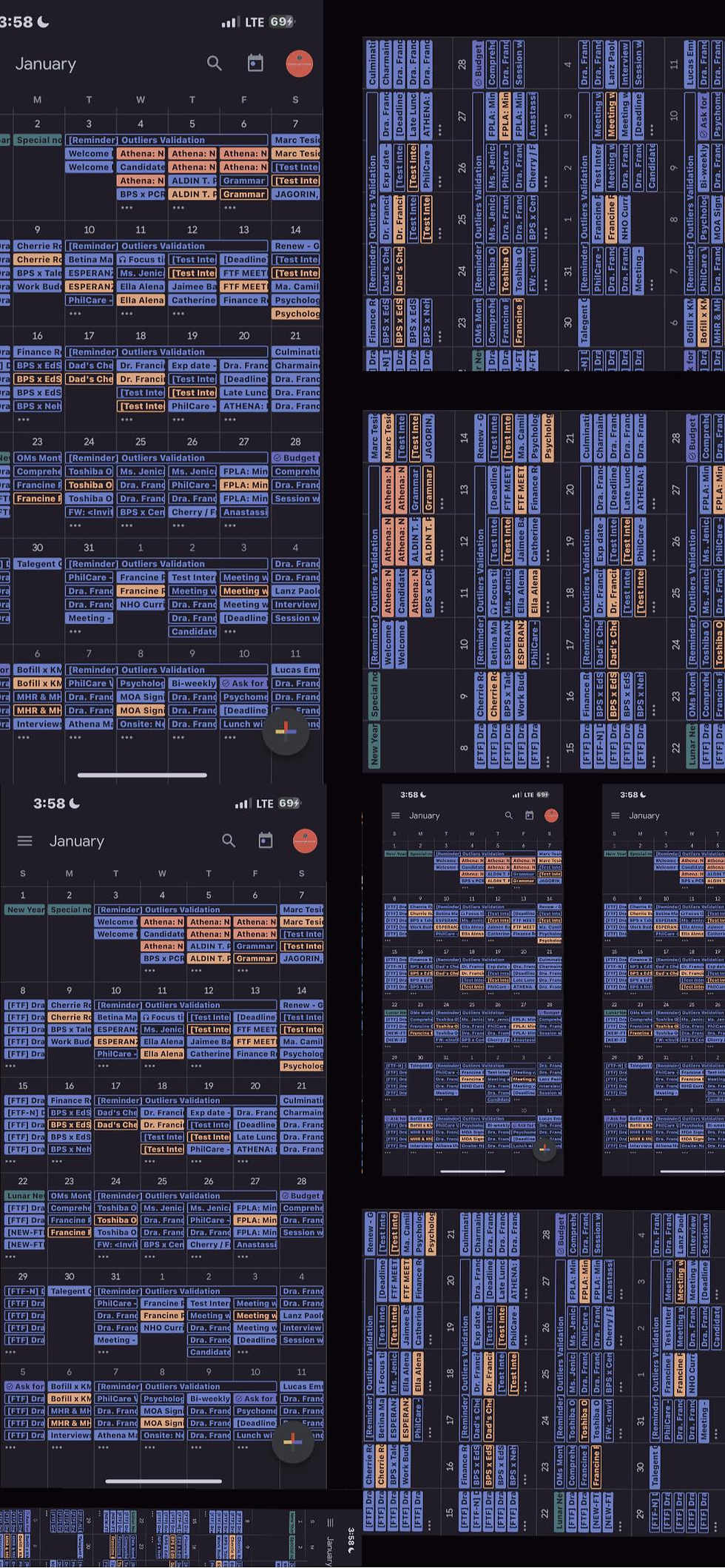Why Being a Meme Creator Takes a Lot Out of You
- Franz Ren Hipolito
- May 2, 2022
- 2 min read
Often times when people try to be funny, they convey it with utmost intensity to what they perceive as “funny,” some specifics of humor is subjective and are said to be one of a kind if a person would possess humorous characteristics. While on the brighter side being funny comes with the adaptation of utilizing internet meme templates or captions called Memes. These online sensation templates, pictures, and/or videos come in different strategies on how it is delivered, mostly the popular medium is found on social media platforms such as Facebook, Twitter, YouTube, 9gag, and other networking sites that dwell with the term called “Soc-Med’’ as described by platform urban youth.
Experiences of being a meme creator today seem from a potential background of how the recreation of captions, delivery, and trend-setting timing in a specific context is what makes a good meme creator standout. However, there are times that meme creators come to a point of discrimination, hate speech, and even death threats depending on the context and content of one’s meme published. Delivering memes on any social media platform might as well be an advantage and showcase how you as a potential meme creator would rise from what you consider as minimal.
Based on my experiences, being funny and the creativity when it comes to meme templates could be considered a skill to apply in any given context that may arise, although take this with a grain of salt, being respectful has more consideration than being funny.
REFERENCES:
Marciszewski, M. (n.d.). The Problem of Modern Monetization of Memes: How Copyright Law Can Give Protection to Meme Creators. Retrieved January 16, 2021, Retrieved from: https://digitalcommons.pace.edu/pipself/vol9/iss1/3/?fbclid=IwAR2Ak6s7HUgdR88f5wtrL dCiK_4ZZhVY3_Y3WsxztrTpMyqTk7ijhbxyZkA
Milner, R. (2012). The world made meme: Discourse and identity in participatory media: Semantic scholar. Retrieved February 13, 2021, from https://www.semanticscholar.org/paper/The-World-Made-Meme:-Discourse-and-Identity- in-Milner/b5a64f3a8eb34bd6e64524ee39aab85197acd346
Nissenbaum, A., & Shifman, L. (2018). Meme Templates as Expressive Repertoires in a Globalizing World: A Cross-Linguistic Study. Journal of Computer-Mediated Communication, 23(5), 294–310. https://doi.org/10.1093/jcmc/zmy016




Comments